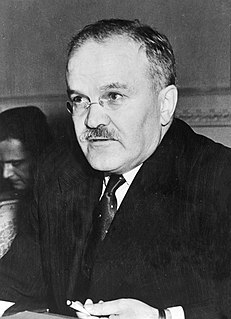A Quote by Ted Nordhaus
The great successes of the modern environmental movement in the '60s and '70s had laid the seeds of their failure in the early years of the 21st Century. They had built institutions filled with lawyers and scientists well suited to lobby policy makers who basically shared their world view. This worked well when liberals controlled the Congress and much of the federal bureaucracy, and when the politics of the time were more supportive of active government efforts to regulate the economy and clean up the environment.
Quote Topics
Active
Basically
Built
Bureaucracy
Century
Clean
Clean Up
Congress
Controlled
Early
Early Years
Economy
Efforts
Environment
Environmental
Environmental Movement
Failure
Federal
Filled
Government
Great
Great Success
Had
Institutions
Laid
Lawyers
Liberals
Lobby
Makers
Modern
More
Movement
Much
Policy
Policy Makers
Politics
Regulate
Scientists
Seeds
Shared
Successes
Suited
Supportive
Time
Up
View
Well
Were
Worked
World
World View
Years
Related Quotes
When I began writing poems, it was in the late 60s and early 70s when the literary and cultural atmosphere was very much affected by what was going on in the world, which was, in succession, the civil rights movement, the antiwar movement, and the women's movement in the 60s, 70s, and into the early 80s. And all of those things affected me and affected my thinking, particularly the Vietnam War.
Yes, the '60s went too far, but we were trying to find new ways, better ways, to do things. And great seeds were planted: civil rights, the peace movement, the environmental movement, feminism. They're big seeds. They take a long time to come to fruition. Please, let's stop fighting, and get out our water cans.
Early on in my career, when I had basically been a sitcom actor for all of these years, and I made my first movies, and they were comedies, and they were successes, it was very important for me to stretch, and 'Parenthood' was one of those films. Even though it was a comedy, there was a great deal of authentic drama in the piece as well.
Our scientists all the more occupy advanced positions in the development of world science. By the example of their successes in the field of atomic energy, our scientists and technicians have vividly shown how much the increased might of the Soviet state and the further growth of its international authority depends on their efforts and practical successes.
When I was a kid, a lot of my parents' friends were in the music business. In the late '60s and early '70s - all the way through the '70s, actually - a lot of the bands that were around had kids at a very young age. So they were all working on that concept way early on. And I figured if they can do it, I could do it, too.
In the early 1970s, Milton Friedman argued that corporations should not be socially responsible because they had no mandate to be; they existed to make money, not to be charitable institutions. But in the economy of the 21st century, corporations cannot be socially responsible, if social responsibility is understood to mean sacrificing profits for the sake of some perceived social good. That's because competition has become so much more intense.



































